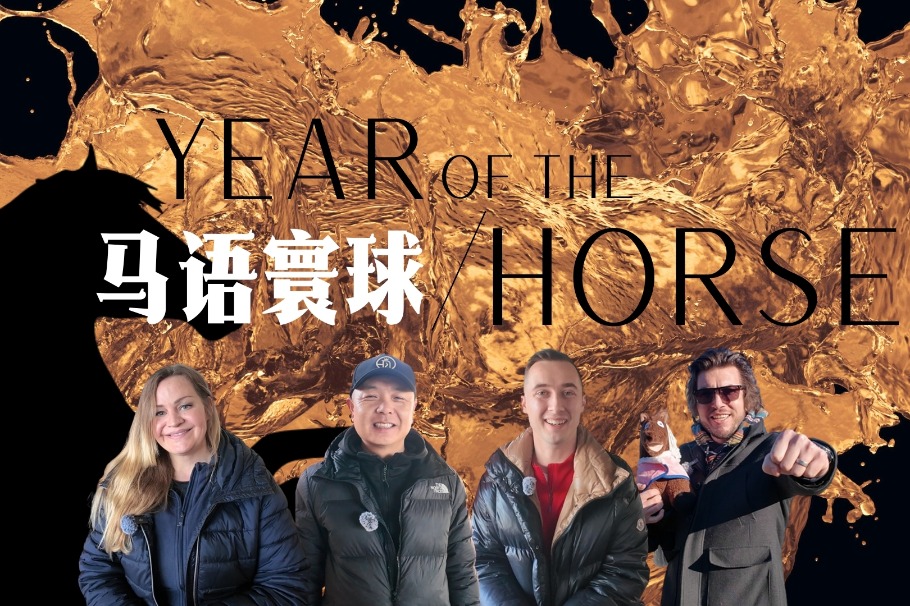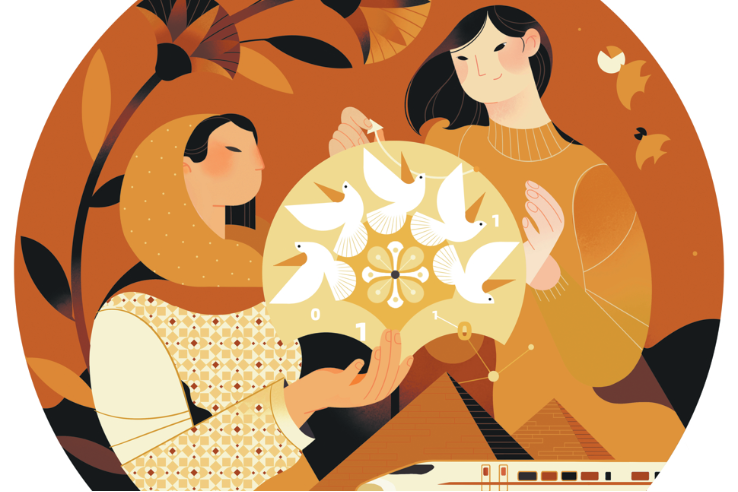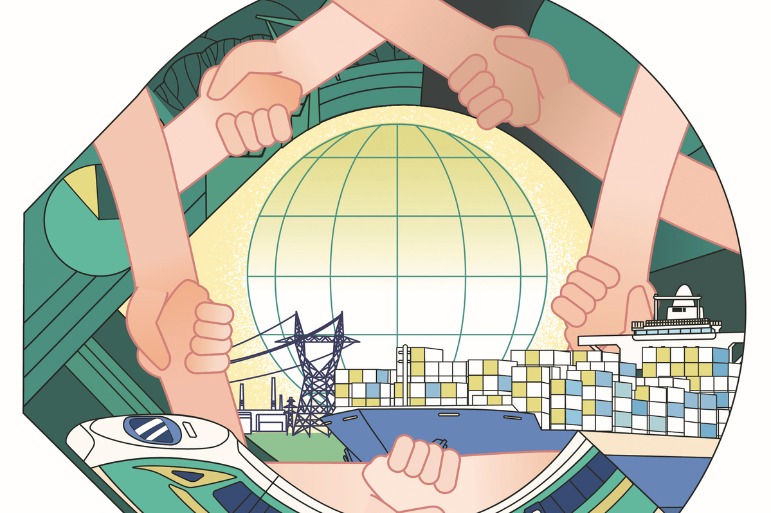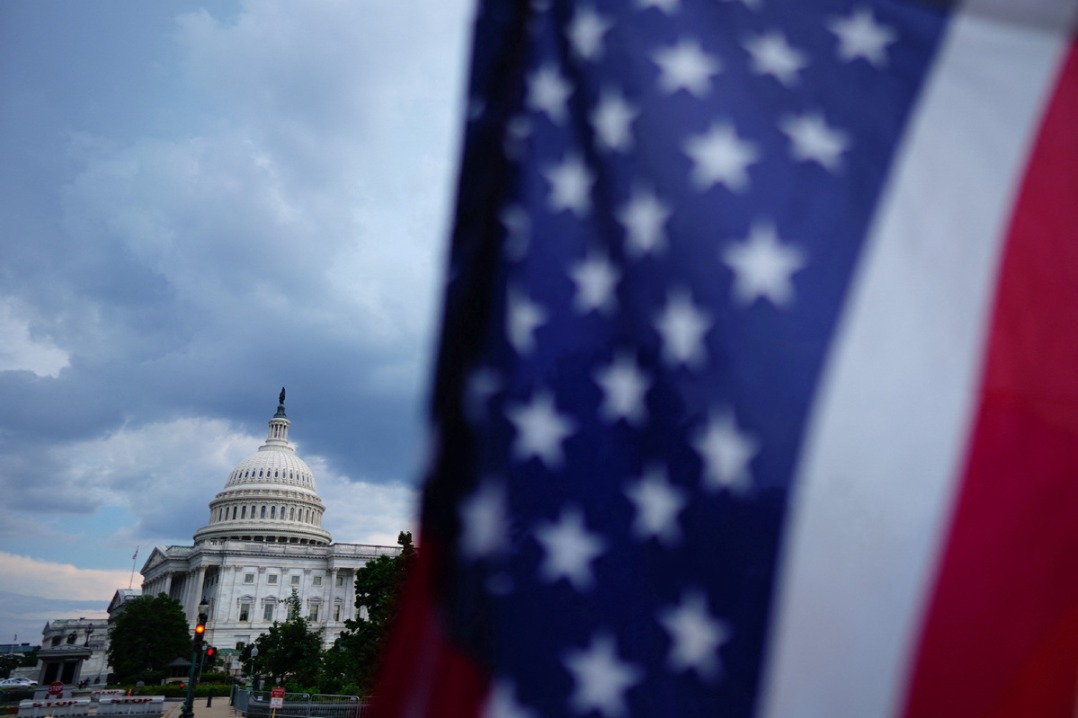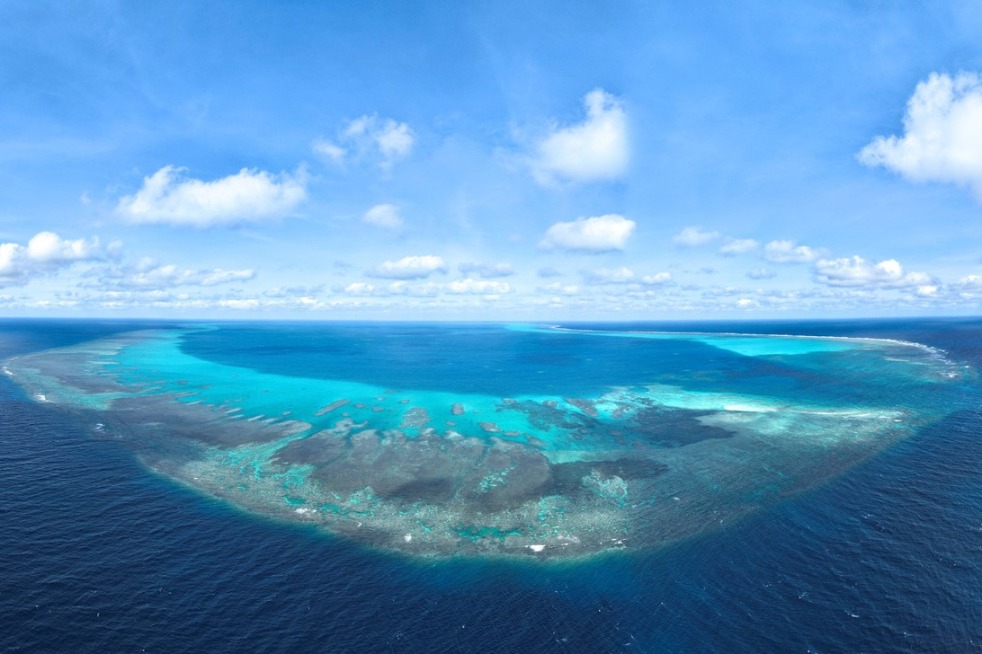Human priorities of continent's transitions

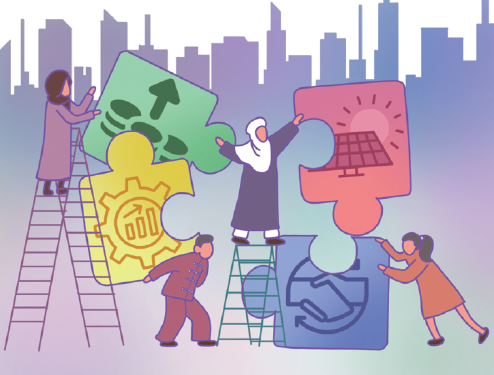
Morocco enjoys long-standing ties with China and together they can promote Africa's post-pandemic development
The novel coronavirus outbreak surprised the world with the speed of its spread, forcing countries to take drastic measures that turned the health crisis into a systemic one.
The situation has highlighted the global leadership crisis, the West's lack of legitimacy and the inefficiency of global institutions. It has also plunged the world into great economic distress.
Africa has remained relatively less affected by the virus, with about 3 percent of global recorded cases. Although that figure must be put into perspective due to the limited number of tests available and the centralized nature of health systems in Africa, which are hardly accessible to rural and slum populations. Besides, Africa still faces the challenges of the disruptions occurring on a global scale, exposing it to unprecedented risks that must be tackled collectively.
Politically, the possible postponement of elections in various parts of Africa and the coercive measures taken to contain the virus may lead to political unrest, endangering the rule of law in some countries.
Strategically, the pandemic has underlined the need to focus political choices on meeting the vital needs of populations, in particular food and healthcare, both affected by the breakdown of supply chains and local deficits.
As for the economy, the crisis will likely slow Africa's economic growth by 1.7 percent to 3.4 percent in 2020 compared to that in 2019, according to the African Development Bank, mostly due to exogenous factors. Furthermore, transfers from the diaspora to Sub-Saharan Africa will decline by 23 percent, from $48 billion in 2019 to $37 billion in 2020, according to the World Bank.
But the pandemic has boosted the solidarity of African countries, both under the auspices of the African Union and on the bilateral level. Morocco has proposed an initiative for an operational framework for managing the different phases of the pandemic. As part of this pragmatic and action-oriented approach, the Kingdom has put the Mohammed VI Polyclinic of Sébéninkoro at the disposal of Malian novel coronavirus infectors and conveyed emergency aid, as well as medical supplies to about 15 countries.
Solidarity should, nevertheless, not be circumscribed to the continental level. To overcome the effects of the public health crisis and to provide structural responses to the imperatives of the post-pandemic world, Africa should further strengthen its cooperation with its international partners, in particular China, the continent's strategic partner since 2015 and its leading trading partner for over decade.
In addition to infrastructure development, the pandemic requires Sino-African cooperation to focus on human priorities and the successful achievement of Africa's ongoing transitions, namely its digital transformation, economic transition, green transition and urban renewal.
China, which has undeniable digital mastery, could support Africa in the digital upgrading of its economy, leading to jobs creation and allowing the digitization of services related to education, health and public administration in general.
The Chinese model of industrialization has taken advantage of globalization, seizing it as an opportunity rather than a threat. Africa could emulate this experience to implement an industrial strategy that would enable it to accelerate the development of its economy, increase resilience to external shocks and strengthen both its sovereignty and its positioning on the international arena.
In addition, Africa could also benefit from the industrial relocation that would follow. This would present opportunities for industrial skills transfer and Chinese investment in Africa, especially in sectors deemed strategic for the continent.
China could, moreover, assist Africa in establishing regional value chains in specific sectors.
Meanwhile, the current health crisis has fueled a powerful aspiration for a new ecological globalization, in which Africa should engage. In particular, the continent should focus on renewable energies. With the support of China, a world leader in this field, this sector could become one of the spearheads of the African economic recovery.
The containment measures introduced by African countries have underlined the need for a better urban environment and quality housing. Rapid urbanization is one of the major challenges that Africa must meet. A new African urban planning model could benefit from China's experience in planning, developing and modernizing urban areas as well as in building smart cities.
In the context of the relationship between Africa and China, the Kingdom of Morocco is bound to play a pivotal role, thanks to the numerous assets it holds.
Morocco enjoys long relations with China, and their relations were raised to a strategic level in 2016. Cooperation between both countries is vibrant, rich, diverse and fruitful, fueled by mutual understanding, common commitments and the desire for a win-win partnership.
This commitment illustrates Morocco's desire to actively participate in the success of this great project by investing its assets to the benefit of Africa's development. As an African country, Morocco has the firm will to enhance economic, social and institutional convergence of African countries.
Morocco's African policy is based on mutually beneficial partnerships as well as on an assiduous involvement in favor of the continent's prosperity. This commitment has been materialized in the conclusion of more than 1,000 agreements since 2000 with more than 40 African countries, including 426 signed since 2014 with 15 African countries, involving 80 public and private economic operators and 300 African partners.
More than 1,000 Moroccan companies are active throughout Africa, in several fields such as banks, telecommunications, construction, agriculture, fisheries, renewable energies, etc, making the Kingdom the leading intra-African investor.
Morocco has undertaken, over the past 20 years, to build and develop modern infrastructure in accordance with international standards, making it a logistical hub, with state-of-the-art achievements such as the Tangier Med Port and the continent's first high-speed railway.
Morocco's adhesion, in 2017, to the Belt and Road Initiative has constituted a new turning point, both in its relations with China, as well as in the triangular cooperation among China, Morocco and Africa.
The author is director-general of the Royal Institute for Strategic Studies in Morocco. The author contributed this article to China Watch, a think tank powered by China Daily. The views do not necessarily reflect those of China Daily.

















